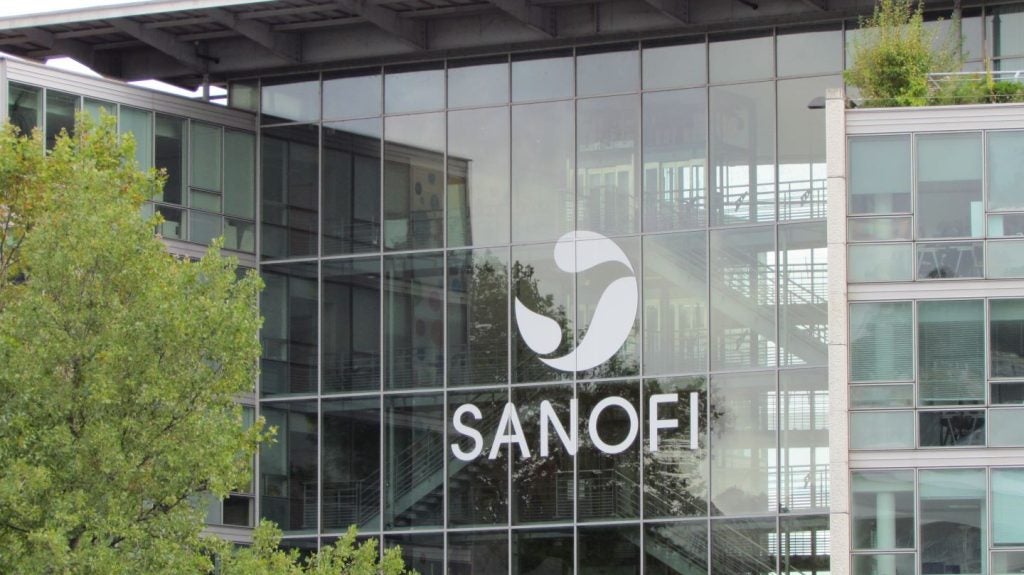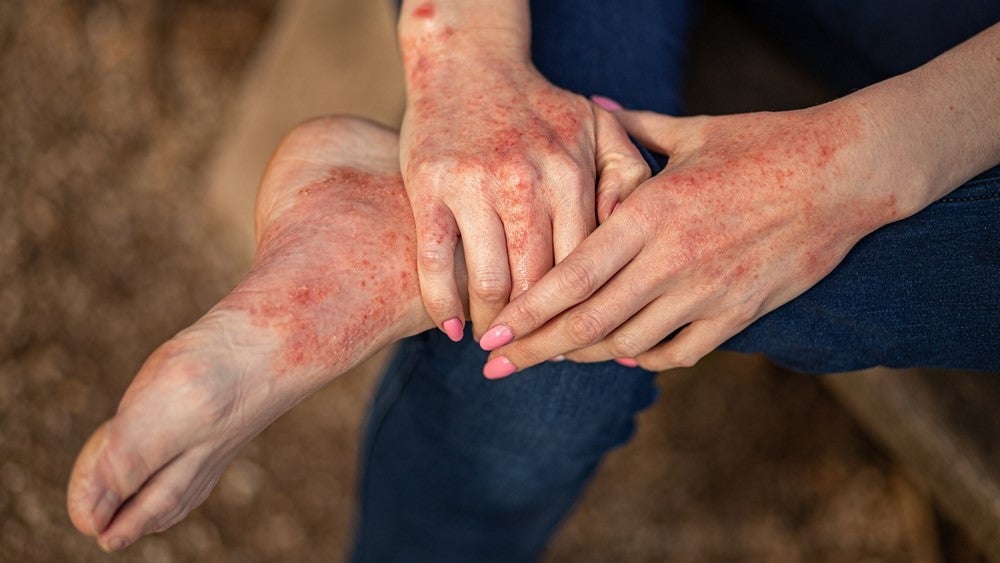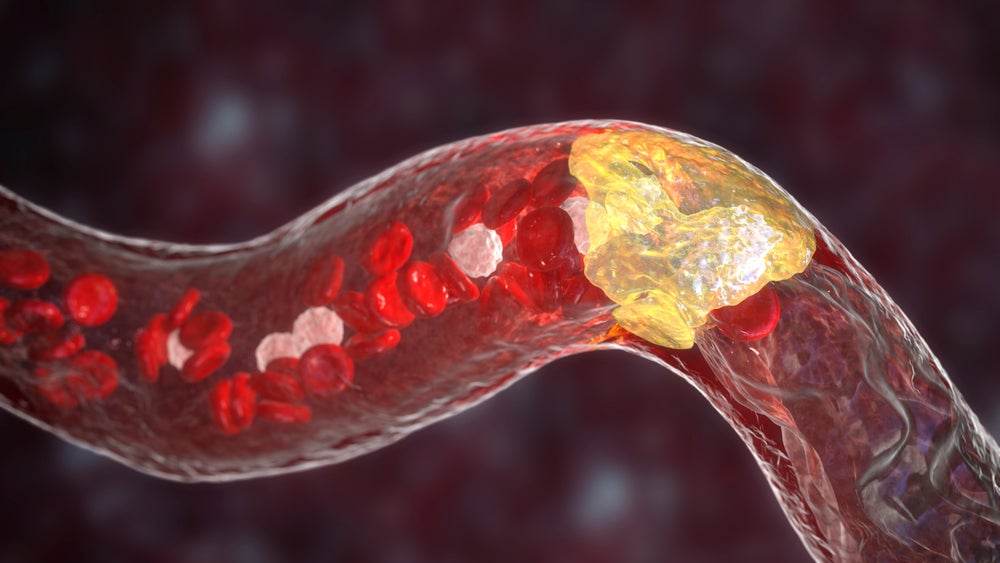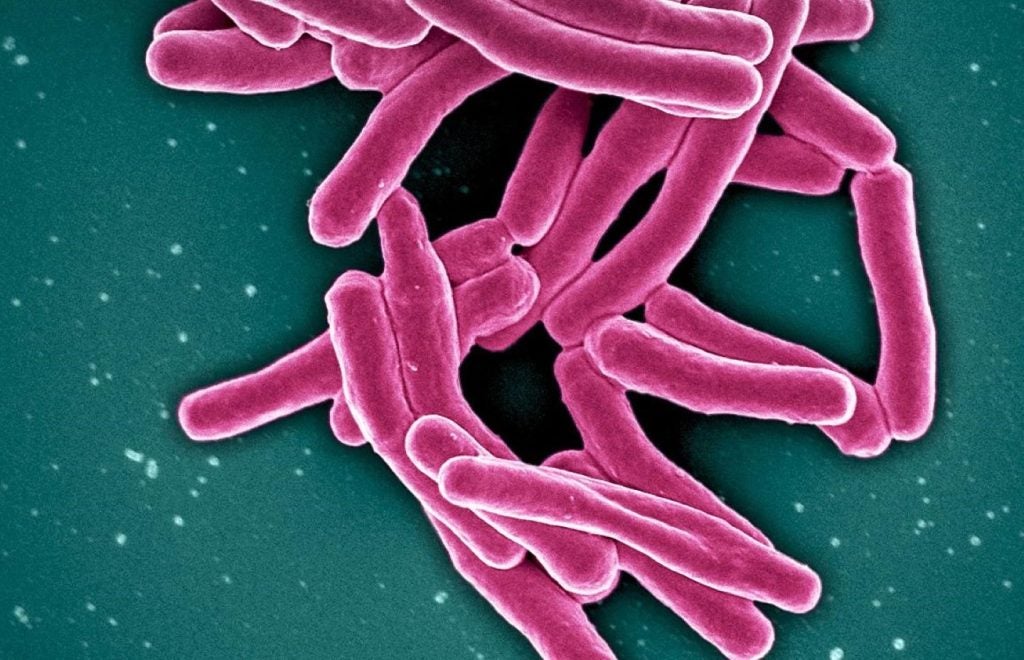Halia Therapeutics is looking to start a Phase II trial of its pipeline candidate HT-6184 in myelodysplastic syndrome (MDS) early next year.
CEO Dr Dave Bearss told the Clinical Trials Arena that the US-based company will be testing the candidate in MDS patients for the first time, with the first dosing due to take place in the US.
HT-6184 targets the protein NEK7 by blocking its ability to bind to NLRP3, which reduces the inflammatory response. The activation of NLRP3 drives the onset and progression of various conditions, including neurological and rheumatological diseases.
Phase II trial plans
The Phase II trial will measure endpoints including the level of creation of white and red blood cells. Patients will also be evaluated with a bone marrow biopsy.
The trial will enrol around 50 patients with MDS who are or are on the borderline of being transfusion-dependent.
Investigators will be looking for improvement in haemoglobin and whether there is improvement in transfusion dependency, with Bearss adding that the goal would be for patients to no longer be dependent, which he described as a meaningful endpoint. The planned trial is taking place internationally with screening for eligible patients ongoing. Site selection and initiation will take place in the US before the company expands to multiple countries, with plans for parts of Asia and Europe.
Bearss added that depending on the type of activity observed in the earlier patients, the company may look to expand the trial to include a larger patient group.
Better half-life than expected at Phase I
Bearss said the Phase I trial (NCT05447546) in healthy volunteers showed the candidate had a longer half-life than was expected by the investigators.
In the first-in-human study, the half-life was observed at 70 hours compared to six to eight hours which was witnessed in preclinical models. As a result, Bearss said that the drug can be kept in an efficacious range with either lower frequency or lower level of dosing.
Investigators trialled the candidate in 32 healthy volunteers in three arms, a single ascending dose (SAD) group, a multiple ascending dose (MAD) group and a placebo group.
Despite the very low doses tested, HT-6184 demonstrated potent pharmacodynamic effects in ex-vivo whole blood assays, showing over 90% suppression of multiple NLRP3-mediated cytokines and chemokines in healthy volunteer samples.
No severe adverse events were reported by either group and there were no new safety signals of concern.
















